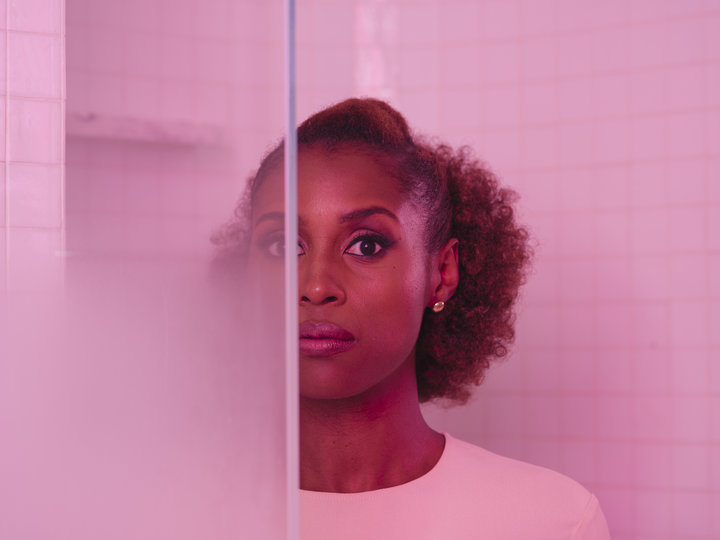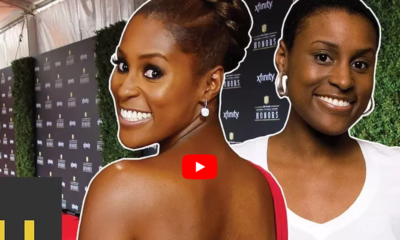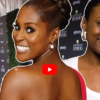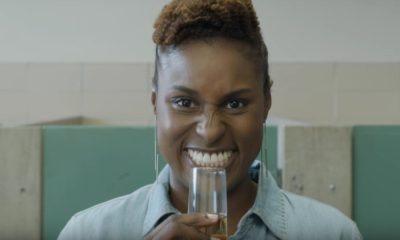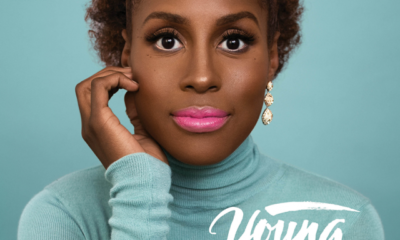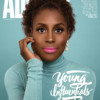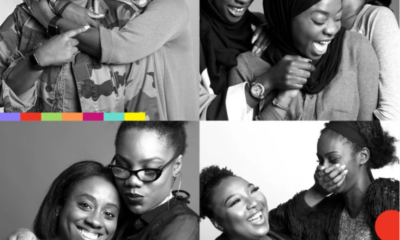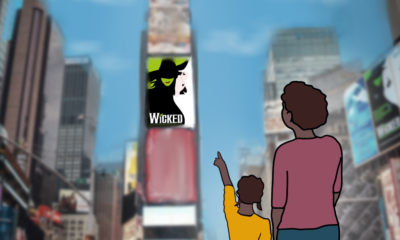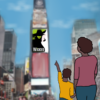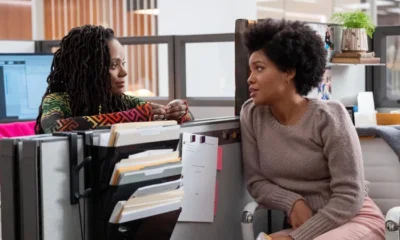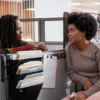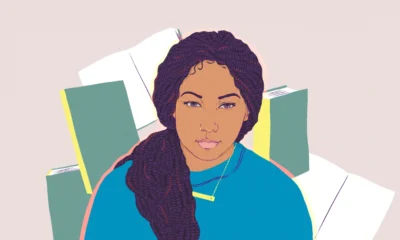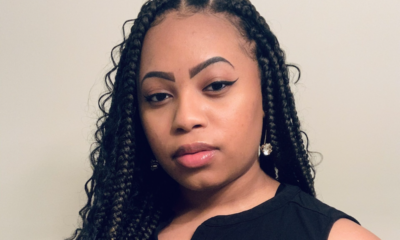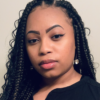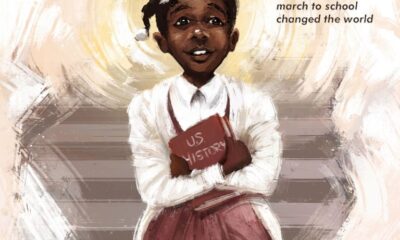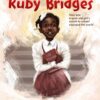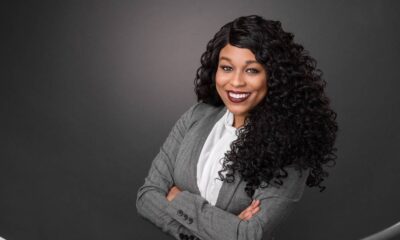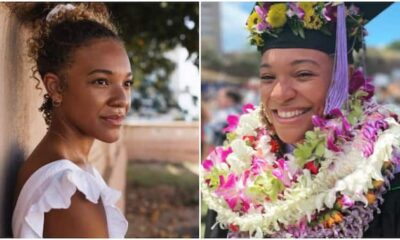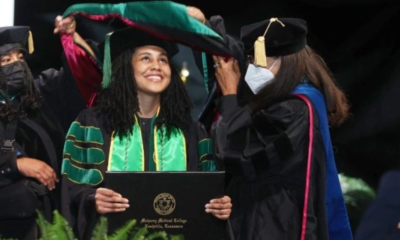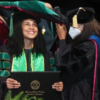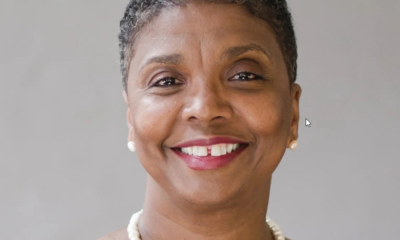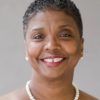Black Women in Education
The Radical Importance Of Issa Rae’s ‘Insecure’
On Sunday night, during the second season premiere of “Insecure” on HBO, we watched 30 hilarious minutes in the life of a deeply melanated, kinky-haired, black woman named Issa. We did not watch her blackness played out as some sort of gimmick. Instead, we watched her in agonize over a bad breakup, have a bad day at work, be petty despite her better judgment, and have an awkward and confusing run-in with her ex.
We watched her, in other words, be a regular, flawed, human being
It’s hard to believe that, five years ago, Olivia Pope was the most exciting black female lead on TV. There is, of course, a place for the Olivia Popes and Annaliese Keatings of the television world. These characters are important. But before “Insecure,” there were no prime time shows that so vividly depicted the black, female, millennial experience. At least, not ones that mattered.



